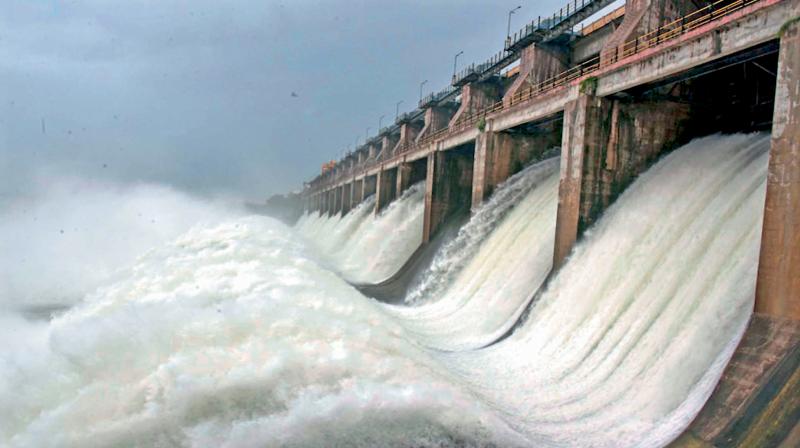AA Edit | Floodgates of anger in dam law
Despite open objections raised by States like Tamil Nadu over Parliament passing of the Bill, the Union Government pushed for it
The National Dam Safety Bill, passed by both Houses of Parliament, has given the nation a piece of legislation enabling surveillance, inspection, operation and maintenance of specific dams to prevent disasters related to dam failures by the Union Government through a National Committee on Dam Safety (NCDS), whose recommendations will be implemented by a National Dam Safety Authority.
How much of these bombastic officialese would turn to reality at the ground level is a big question since dams are under the control of the States, all of whom indeed upkeep them with due diligence. In fact, no State can afford to let things go awry with dams in any manner, whether it concerns the structure’s safety or functionality. Not just because dams are seen, as Pandit Jawaharlal Nehru once proudly said, as ‘temples of modern India’ but they are essential for irrigation and water supply.
India, having the maximum number of dams after the US and China, has been managing its affairs without a comprehensive legislation ensuring the safety of the gargantuan made-made structures so far though the need for one was first felt and talked about over 34 years ago. Now that the legislation has come in, it could only open the floodgates of resentment and anger. One charge is that it goes against the spirit of federalism since ‘water’ itself is a State subject, leave alone the fact every dam is taken care of by the State.
Despite open objections raised by States like Tamil Nadu over Parliament passing of the Bill, the Union Government pushed for it, giving rise to the impression that it wants to enhance its control over the States in various aspects. But what might make the implementation of the new law difficult is not just the States’ pique over infringement of rights but the possible non-cooperation, as it has happened in several water-sharing disputes.


















